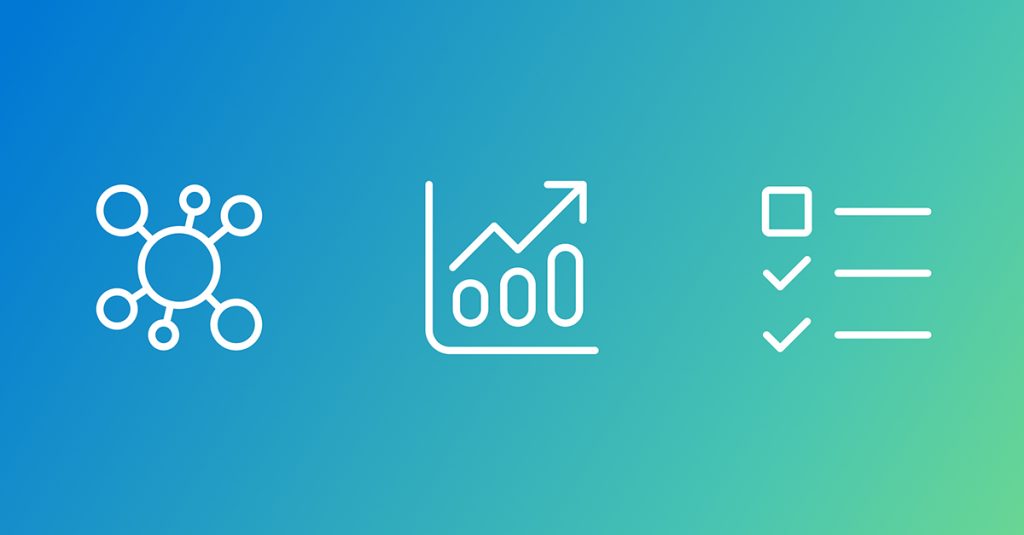
Recently, we released a paper (Working with AI: Measuring the Occupational Implications of Generative AI) that studied what occupations might find AI chatbots useful, and to what degree. The paper sparked significant discussion, which is no surprise since people care deeply about the future of AI and jobs–that’s part of why we think it’s important to study these topics.
Unfortunately, not all the discussion was accurate in its portrayal of the study’s scope or conclusions. Specifically, our study does not draw any conclusions about jobs being eliminated; in the paper, we explicitly cautioned against using our findings to make that conclusion.
Given the importance of this topic, we want to clarify any misunderstandings and provide a more digestible summary of the paper, our methodology, and its limitations.
What did our research find?
We set out to better understand how people are using AI, highlighting where AI might be useful in different occupations. To do this, we analyzed how people currently use generative AI—specifically Microsoft Bing Copilot (now Microsoft Copilot)—to assist with tasks. We then compared these sets of tasks against the O*NET database (opens in new tab), a widely used occupational classification system, to understand potential applicability to various occupations.
We found that AI is most useful for tasks related to knowledge work and communication, particularly tasks such as writing, gathering information, and learning.
Those in occupations with these tasks may benefit by considering how AI can be used as a tool to help improve their workflows. On the flip side, it’s not surprising that physical tasks like performing surgeries or moving objects had less direct AI chatbot applicability.
So, to summarize, our paper is about identifying the occupations where AI may be most useful, by assisting or performing subtasks. Our data do not indicate, nor did we suggest, that certain jobs will be replaced by AI.
Methodological limitations are acknowledged—and important
The paper is transparent about the limitations of our approach.
We analyzed anonymized Bing Copilot conversations to see what activities users are seeking AI assistance with and what activities AI can perform when mapped to the O*NET database. While O*NET provides a structured list of activities associated with various occupations, it does not capture the full spectrum of skills, context, and nuance required in the real world. A job is far more than the collection of tasks that make it up.
For example, a task might involve “writing reports,” but O*NET won’t reflect the interpersonal judgment, domain expertise, or ethical considerations that go into doing that well. The paper acknowledges this gap and warns against over-interpreting the AI applicability scores as measures of AI’s ability to perform an occupation.
Additionally, the dataset is based on user queries from Bing Copilot (from January – September 2024), which may be influenced by factors like awareness, access, or comfort with AI tools. Different people use different LLMs for different purposes and it also is very difficult (or nearly impossible) to determine what conversations are performed in a work context or for leisure.
Finally, we only evaluated AI chatbot usage, so this study does not evaluate the impact or applicability of other forms of AI.
Where do we go from here?
Given the intense interest in how AI will shape our collective future, it’s important we continue to study and better understand its societal and economic impact. As with all research on this topic, the findings are nuanced, and it’s important to pay attention to this nuance.
The public interest in our research is based, in large part, on the topic of AI and job displacement. However, our current methodology for this study is unlikely to lead to firm conclusions about this. AI may prove to be a useful tool for many occupations, and we believe the right balance lies in finding how to use the technology in a way that leverages its abilities while complementing human strengths and accounting for people’s preferences.
For more information from Microsoft on the future of work and AI skilling, check out Microsoft’s Annual Work Trend Index (opens in new tab) and Microsoft Elevate (opens in new tab).

